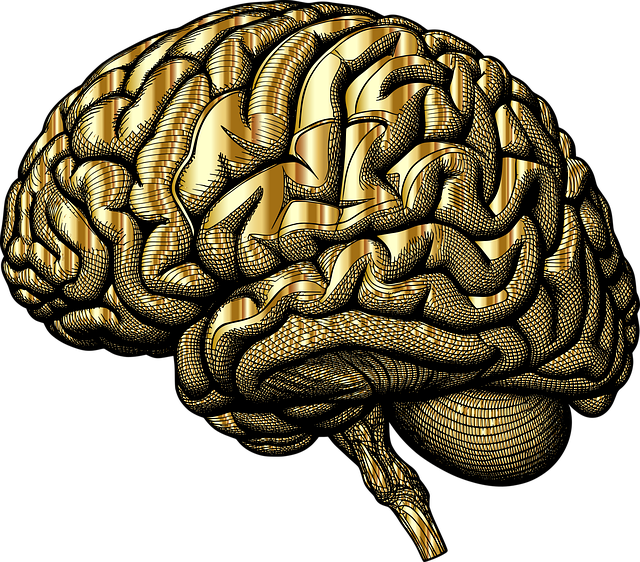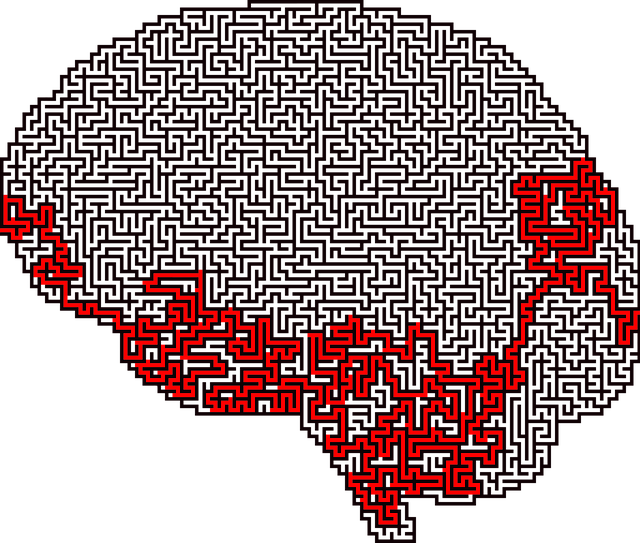Mental wellness coaching for children combines Cognitive Behavioral Therapy (CBT), Compassion Cultivation Practices, and Emotional Intelligence programs to build resilience, self-awareness, and effective coping strategies. CBT helps identify and change negative thought patterns, promoting healthier cognitive processes and emotional responses. This comprehensive approach aims to prevent depression and burnout by empowering kids with tools to manage stress, improve emotional intelligence, and lead happier, healthier lives. Evaluating success involves pre- and post-intervention assessments using standardized tools to track progress and tailor interventions to individual needs.
Mental wellness coaching programs are gaining prominence as effective interventions for children’s holistic development. This article explores the transformative power of such initiatives, focusing on strategies tailored to young minds. We delve into the integration of cognitive behavioral therapy (CBT), a evidence-based approach proven successful in youth programs. By understanding these methodologies and evaluation techniques, we can enhance mental health support for children, fostering healthier, more resilient futures.
- Understanding Mental Wellness Coaching for Children
- The Role of Cognitive Behavioral Therapy (CBT) in Youth Programs
- Developing Effective Coaching Programs: Strategies and Techniques
- Measuring Success: Evaluation Methods for Child Mental Health Coaching
Understanding Mental Wellness Coaching for Children

Mental wellness coaching for children is a specialized approach designed to support young individuals’ emotional and psychological well-being. It goes beyond traditional therapy by focusing on building resilience, self-awareness, and effective coping strategies. Coaches use evidence-based techniques such as Cognitive Behavioral Therapy (CBT) to help kids navigate challenges, manage stress, and improve their overall mental health.
This coaching model aims to prevent issues like depression and burnout, which can be prevalent in today’s fast-paced and demanding world. By teaching children valuable skills for emotional regulation and problem-solving, coaches empower them to lead happier and healthier lives. Through a supportive and non-judgmental environment, mental wellness coaching fosters growth, enhances self-esteem, and promotes a positive mindset, ensuring children have the tools they need to thrive in various aspects of their lives.
The Role of Cognitive Behavioral Therapy (CBT) in Youth Programs

Cognitive Behavioral Therapy (CBT) plays a pivotal role in the development of mental wellness coaching programs tailored for youth. This evidence-based therapy is particularly effective in addressing common mental health challenges among young individuals, such as anxiety and depression. CBT helps children identify and challenge negative thought patterns, fostering healthier cognitive processes and emotional responses. By teaching them practical coping strategies, CBT empowers youth to navigate stressful situations with resilience and self-efficacy.
Integrating CBT into mental wellness coaching programs not only enhances their therapeutic value but also contributes to burnout prevention efforts. The early intervention offered by these programs, supported by CBT techniques, can forestall the progression of mental health issues. Moreover, the success of CBT in treating childhood mental health disorders has informed Mental Health Policy Analysis and Advocacy, pushing for more accessible and youth-centric mental health services.
Developing Effective Coaching Programs: Strategies and Techniques

Developing effective coaching programs requires a strategic approach, especially when focusing on mental wellness for children. Cognitive Behavioral Therapy (CBT) has emerged as a powerful tool in addressing various childhood challenges, including anxiety relief and conflict resolution techniques. Coaches can design structured sessions that guide young clients through identifying negative thought patterns, challenging them, and replacing them with healthier alternatives. By teaching CBT skills, coaches empower children to develop coping mechanisms for managing stress, improving their emotional intelligence, and fostering better mental wellness.
Additionally, incorporating Mental Wellness Journaling Exercises as a guidance technique can significantly enhance the coaching process. Encouraging clients to reflect on their feelings, thoughts, and experiences in a structured journal allows them to gain insights into their mental states. Coaches can offer prompts or questions tailored to specific issues, such as managing anger or improving self-esteem. This practice not only promotes self-awareness but also provides tangible evidence of progress over time, making it an invaluable tool for tracking the child’s mental wellness journey and offering actionable guidance.
Measuring Success: Evaluation Methods for Child Mental Health Coaching

Measuring success in mental wellness coaching programs for children involves a multifaceted evaluation approach. The primary goal is to assess the effectiveness of interventions aimed at enhancing emotional well-being, reducing symptoms of anxiety and depression, and fostering resilient coping mechanisms. One widely recognized therapeutic framework, Cognitive Behavioral Therapy (CBT), provides a structured method for gauging progress by identifying changes in thought patterns, behaviors, and emotional responses. This involves pre- and post-intervention assessments using standardized questionnaires and interviews to track improvements in symptoms and functioning.
Complementing CBT techniques, Compassion Cultivation Practices and Emotional Intelligence programs can offer valuable insights into the child’s internal experiences and their ability to navigate social interactions. Community Outreach Program Implementation plays a crucial role in ensuring accessibility and cultural sensitivity, which are essential for effective mental health support. These evaluation methods collectively help coaches refine their approaches, tailor interventions to individual needs, and contribute to the overall success of the coaching program.
Mental wellness coaching programs, enriched by strategies drawn from cognitive behavioral therapy (CBT), offer a promising approach to enhancing child mental health. By understanding the unique needs of children and implementing effective techniques, coaches can create supportive environments that foster resilience and well-being. Measuring success through rigorous evaluation methods ensures these programs remain impactful and tailored to the evolving needs of young minds, making them valuable tools in navigating today’s challenges.









